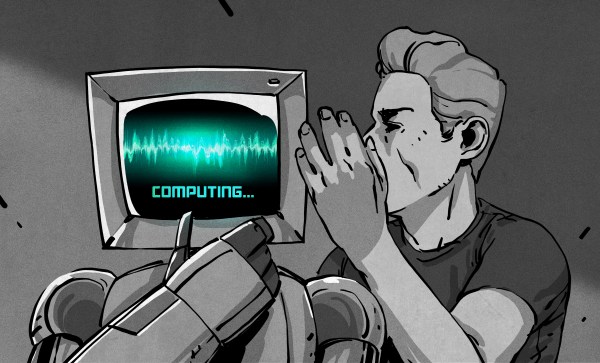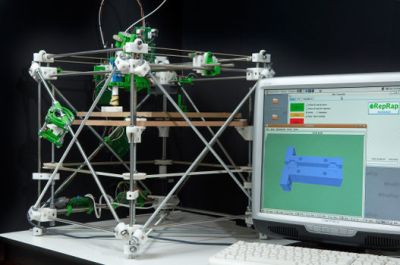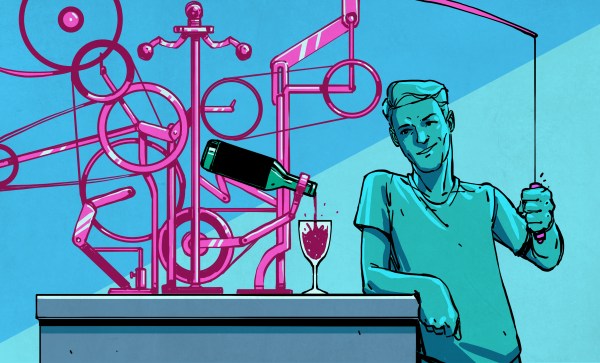People experience a variety of problems with USB-C. I’ve asked people online about their negative experiences with USB-C, and got a wide variety of responses, both on Twitter and on Mastodon. In addition to that, communities like r/UsbCHardware keep a lore of things that make some people’s experience with USB-C subpar.
In engineering and hacking, there’s unspoken things we used to quietly consider as unviable. Having bidirectional power and high-speed data on a single port with thousands of peripherals, using nothing but a single data pin – if you’ve ever looked at a schematic for a proprietary docking connector attempting such a feat, you know that you’d find horrors beyond comprehension. For instance, MicroUSB’s ID pin quickly grew into a trove of incompatible resistor values for anything beyond “power or be powered”. Laptop makers had to routinely resort to resistor and one-wire schemes to make sure their chargers aren’t overloaded by a laptop assuming more juice than the charger can give, which introduced a ton of failure modes on its own.
When USB-C was being designed, the group looked through chargers, OTG adapters, display outputs, docking stations, docking stations with charging functions, and display outputs, and united them into a specification that can account for basically everything – over a single cable. What could go wrong?
Of course, device manufacturers found a number of ways to take everything that USB-C provides, and wipe the floor with it. Some of the USB-C sins are noticeable trends. Most of them, I’ve found, are manufacturers’ faults, whether by inattention or by malice; things like cable labelling are squarely in the USB-C standard domain, and there’s plenty of random wear and tear failures.
I don’t know if the USB-C standard could’ve been simpler. I can tell for sure that plenty of mistakes are due to device and cable manufacturers not paying attention. Let’s go through the notorious sins of USB-C, and see what we can learn. Continue reading “All About USB-C: Manufacturer Sins”




















